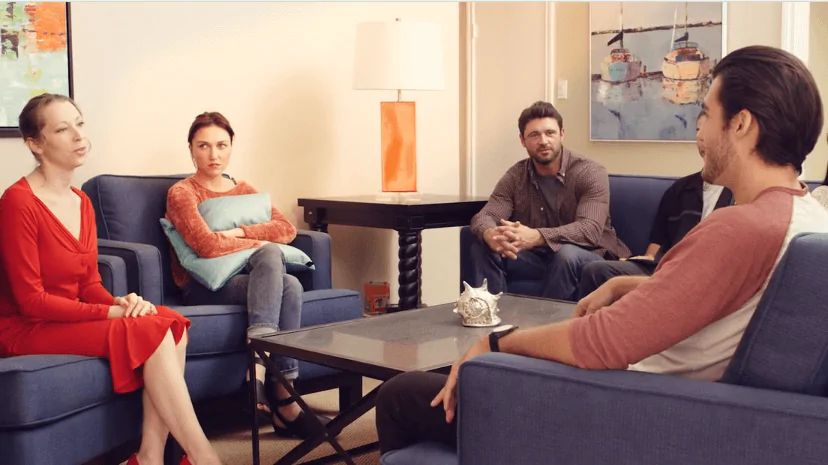24/7 Helpline:
(866) 899-221924/7 Helpline:
(866) 899-2219
Learn more about OCD Treatment centers in Covington
OCD Treatment in Other Cities

Other Insurance Options

MVP Healthcare

GEHA

Highmark

Sliding scale payment assistance

Health Partners

Premera

Medical Mutual of Ohio

Meritain

Group Health Incorporated

Access to Recovery (ATR) Voucher

Magellan Health

Covered California

Molina Healthcare

Ambetter

PHCS Network

Aetna

UMR

MHNNet Behavioral Health

Regence

Excellus




Keweenaw Bay Indian Community – New Day Treatment Center
Keweenaw Bay Indian Community – New Day Treatment Center is a public rehab located in Lanse, Michiga...














Keweenaw Bay Indian Community Substance Abuse Programs – KBICSAP
Keweenaw Bay Indian Community Substance Abuse Programs (KBICSAP) is a state licensed facility that o...

Copper Country Community Mental Health Services
Copper Country Community Mental Health Services is located in L'anse, Michigan. Copper Country Commu...













